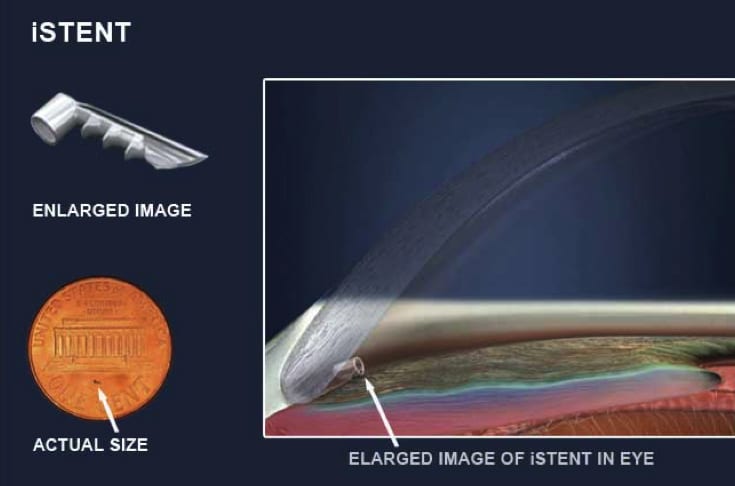Catching the ‘sneak thief’ of sight
Glaucoma is one of the leading causes of blindness in the United States. Some research predicts that by the year 2040 glaucoma will become the leading cause of functional blindness in the U.S. Glaucoma is a family of many different diseases that usually causes an increase in the pressure within the eye, damaging the optic nerve. When pressure inside the eye increases over time the optic nerve is damaged. Blind spots in peripheral areas of vision may occur and eventually begin to affect the central vision. Often called the “sneak thief” of sight, most forms of glaucoma do not produce symptoms until vision is already severely damaged and may take many years to do so. However, if caught early, the disease can usually be controlled and permanent vision loss can be prevented.

Surgery to create a new passage for fluid drainage.

